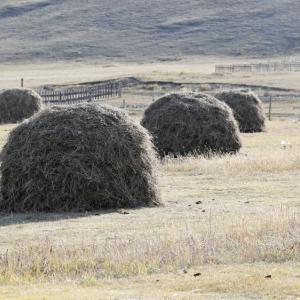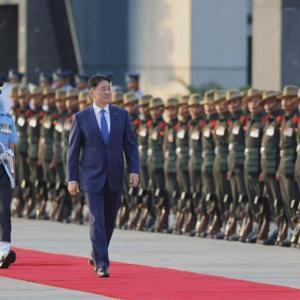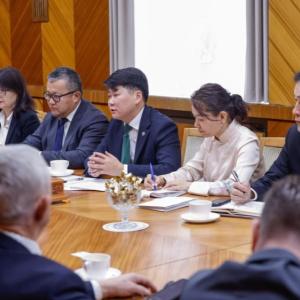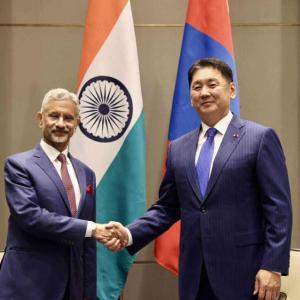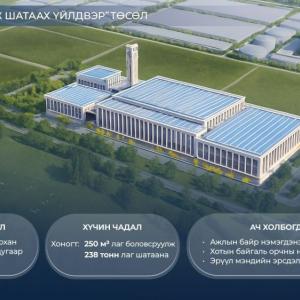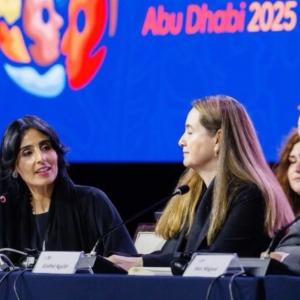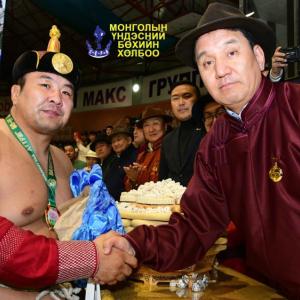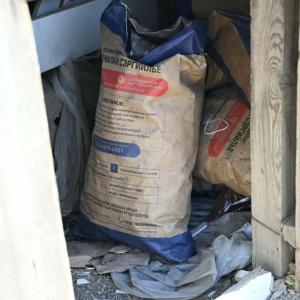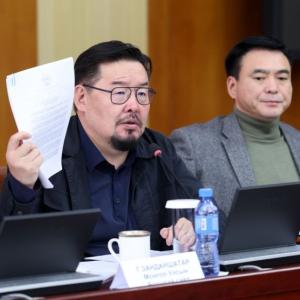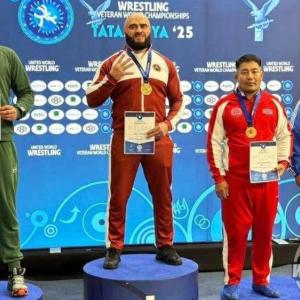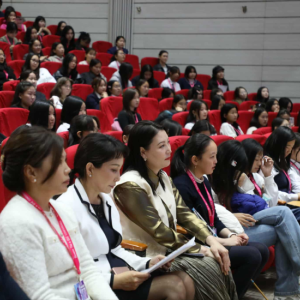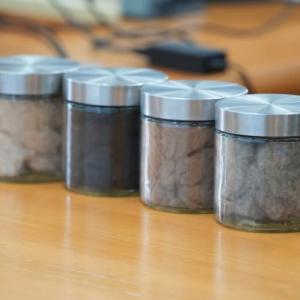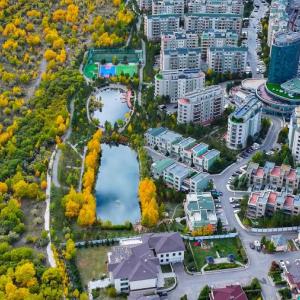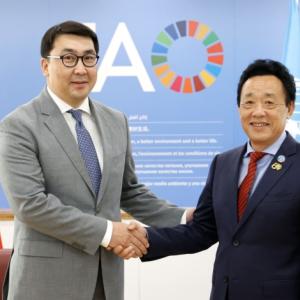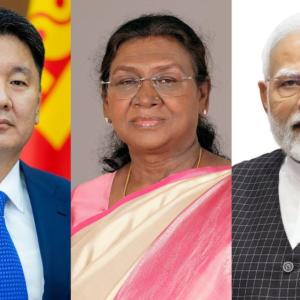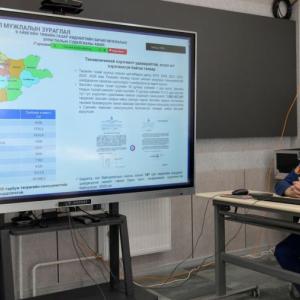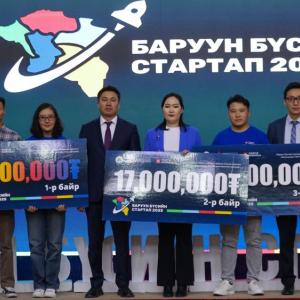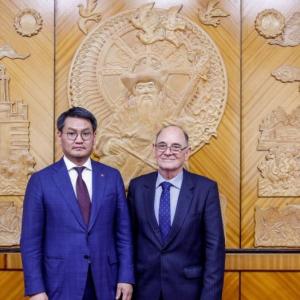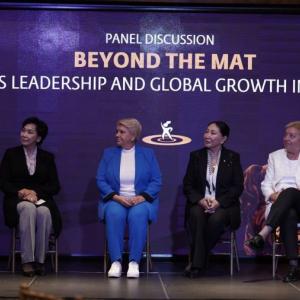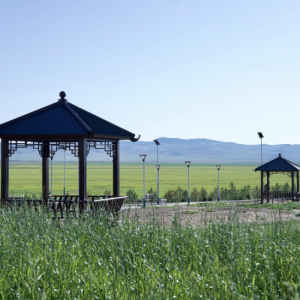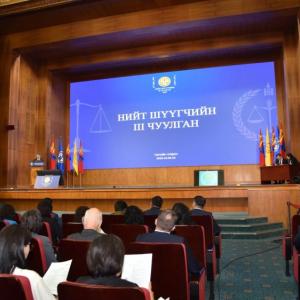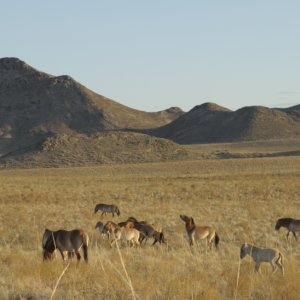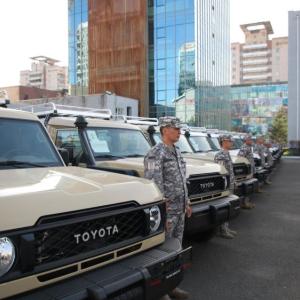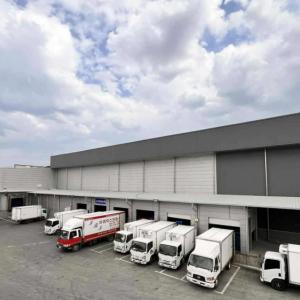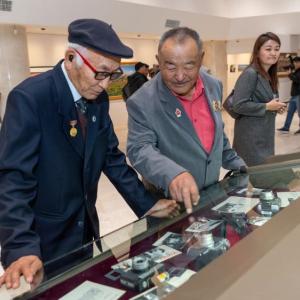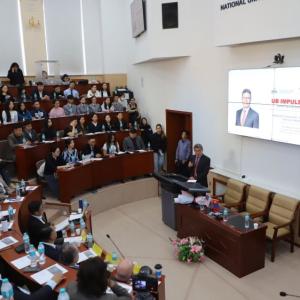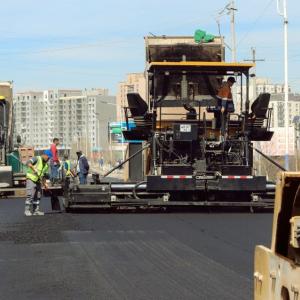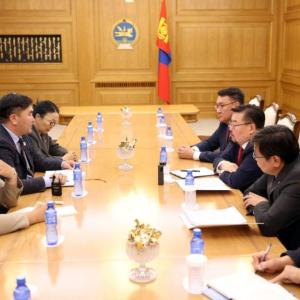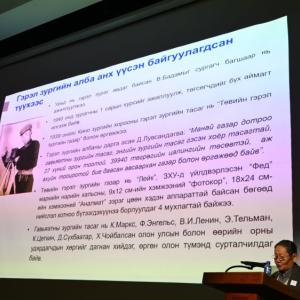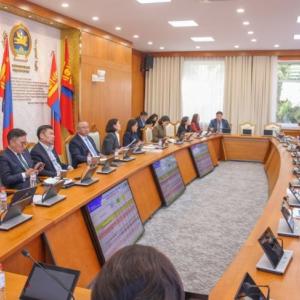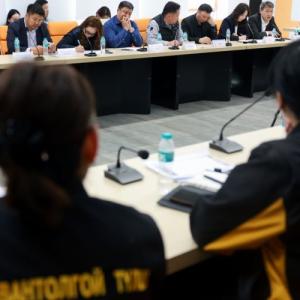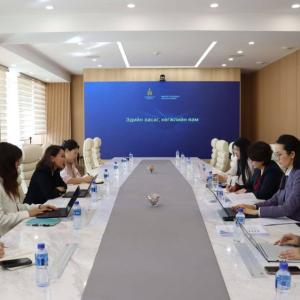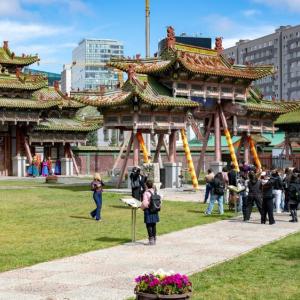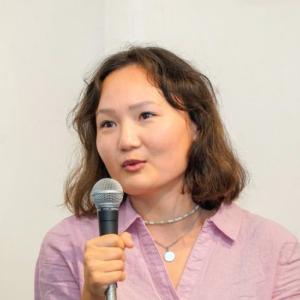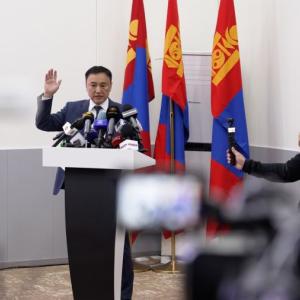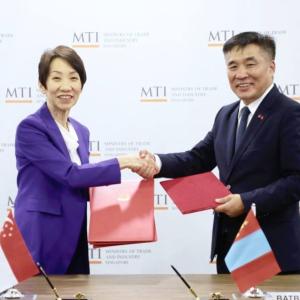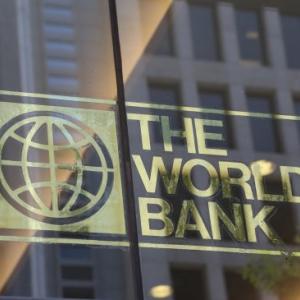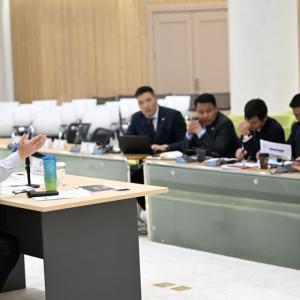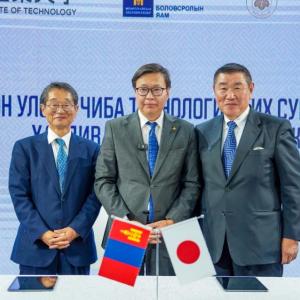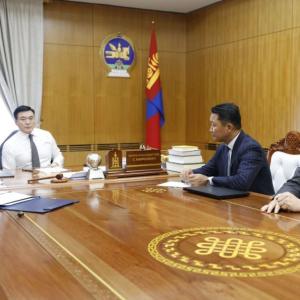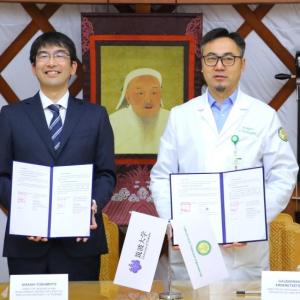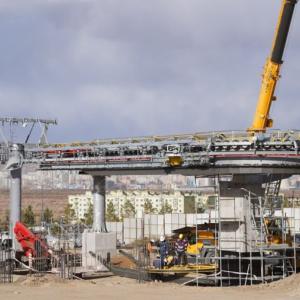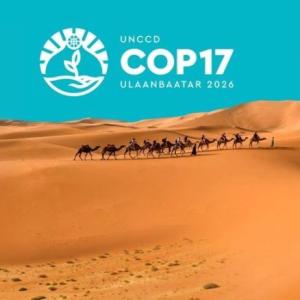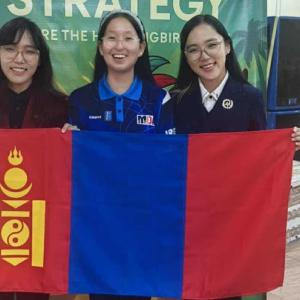Session meeting on agricultural cooperation held
Economy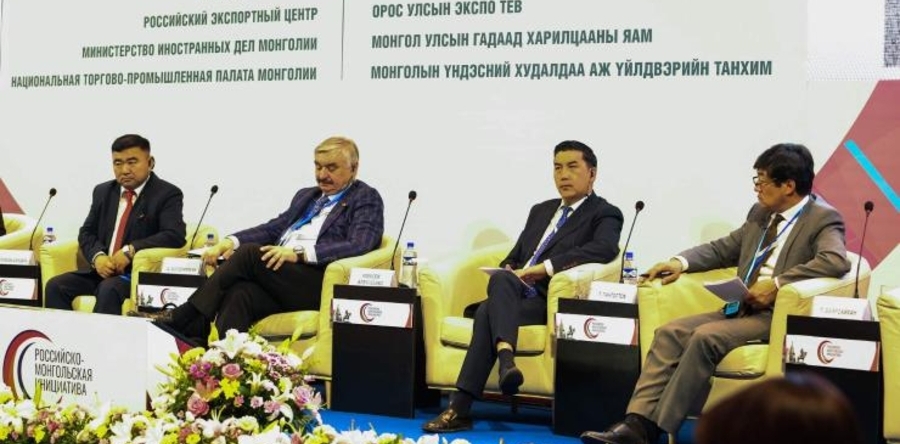
Ulaanbaatar/MONTSAME/ A session meeting ‘Strategic outlook and main directions of bilateral cooperation development in the field of agriculture, farming, food and light industry’ was held on June 7 in Ulaanbaatar within the frames of ‘Mongolia-Russia Initiatives-2018’ series of events.
J.Saule, Deputy Minister of Food, Agriculture and Light Industry, opened the meeting with a speech. In her speech, J.Saule emphasized a broad cooperation opportunity with Russia in veterinary service, modernization of agricultural technology and machinery, training specialists, production of cashmere products, co-implementation of scientific and research projects, development of new variety of plants as well as others.
In the meeting, officials from the Mongolia’s Ministry of Food, Agriculture and Light Industry introduced the sector’s policy and further actions. Russian side expressed its possibility to distribute agricultural equipment and machinery which meet the feature and demand of Mongolia’s agrarian sector.
Presently, 60 percent of machines being used in Mongolia’s agrarian sector are Russian-made. In meat export, some 600 tons of meat were exported to Russia last year. As of April, 2018, about 440 tons of meat has been exported to Russia. In collaboration with Russia, a project on livestock health is under implementation. Within the project, 4.2 million doses of vaccines of bovine foot-and-mouth disease will be supplied to Mongolia as a humanitarian assistance. Of which, 2.8 million doses of the vaccines were distributed last year.
J.Saule, Deputy Minister of Food, Agriculture and Light Industry, opened the meeting with a speech. In her speech, J.Saule emphasized a broad cooperation opportunity with Russia in veterinary service, modernization of agricultural technology and machinery, training specialists, production of cashmere products, co-implementation of scientific and research projects, development of new variety of plants as well as others.
In the meeting, officials from the Mongolia’s Ministry of Food, Agriculture and Light Industry introduced the sector’s policy and further actions. Russian side expressed its possibility to distribute agricultural equipment and machinery which meet the feature and demand of Mongolia’s agrarian sector.
Presently, 60 percent of machines being used in Mongolia’s agrarian sector are Russian-made. In meat export, some 600 tons of meat were exported to Russia last year. As of April, 2018, about 440 tons of meat has been exported to Russia. In collaboration with Russia, a project on livestock health is under implementation. Within the project, 4.2 million doses of vaccines of bovine foot-and-mouth disease will be supplied to Mongolia as a humanitarian assistance. Of which, 2.8 million doses of the vaccines were distributed last year.
M.Unurzul
 Ulaanbaatar
Ulaanbaatar












